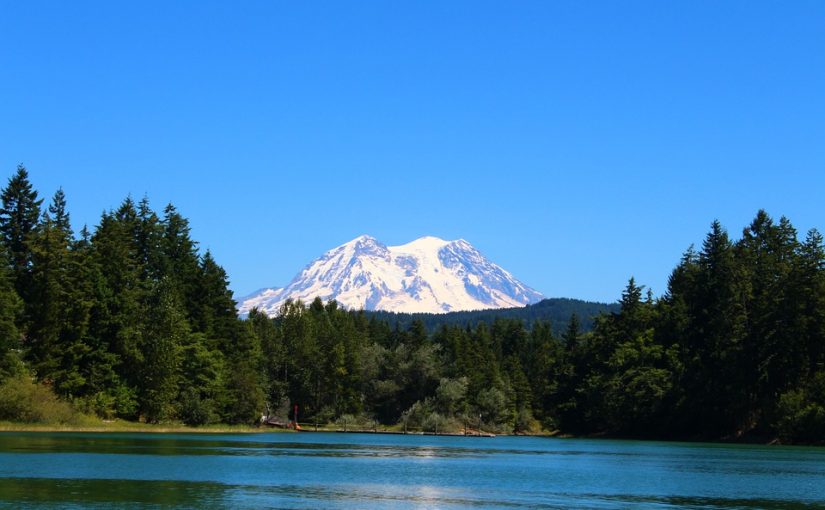Washington Workers Compensation Rates will be declining by a modest 0.8%
As of the first of January 2020, Workers Compensation Rates for the business community in the state of Washington will be staying relatively stable. The Washington Department of Labor & Industries (L&I) announced a moderate decline of 0.8% in 2020. While the decline this year is modest, it is the third consecutive year of declining Washington Workers Comp Rates 2020. The previous two years included a 5 percent cut in 2019 and a 2.5 percent cut in 2018. Before these declines, rates for Workers Compensation in Washington were the 16th most expensive rates in the country.

According to L&I Director Joel Sacks, “Our workers’ compensation system is in good shape. Every year we help tens of thousands of people recover from on-the-job injuries and go back to work. Our programs to help injured workers are making a real difference, and workplace injury rates in Washington are declining. That’s great for workers and their families and is helping us keep costs down.” Because of the high cost to purchase workers compensation coverage, any movement in a positive direction is welcomed by the small business community.

The Workers Compensation System in the stte of Washington is unique. First and foremost, it is unique because it is what is referred to within the insurance industry as a monopolistic state. North Dakota, Ohio, and Wyoming are also monopolistic states. The term monopolistic comes from the fact the state requires employers to purchase coverage from a government-operated insurance fund. This is especially important for businesses that operate across state lines. Workers compensation is governed by the state governments, not at the federal level. Most states have reciprocity rules in place to deal with issues involving multiple states. Monopolistic states require any business operating in any capacity to purchase some form of coverage within the state. Usually a stop-gap insurance product can meet the reqirements for coverage needs that aren’t covered by the funds in each state they operate in.

